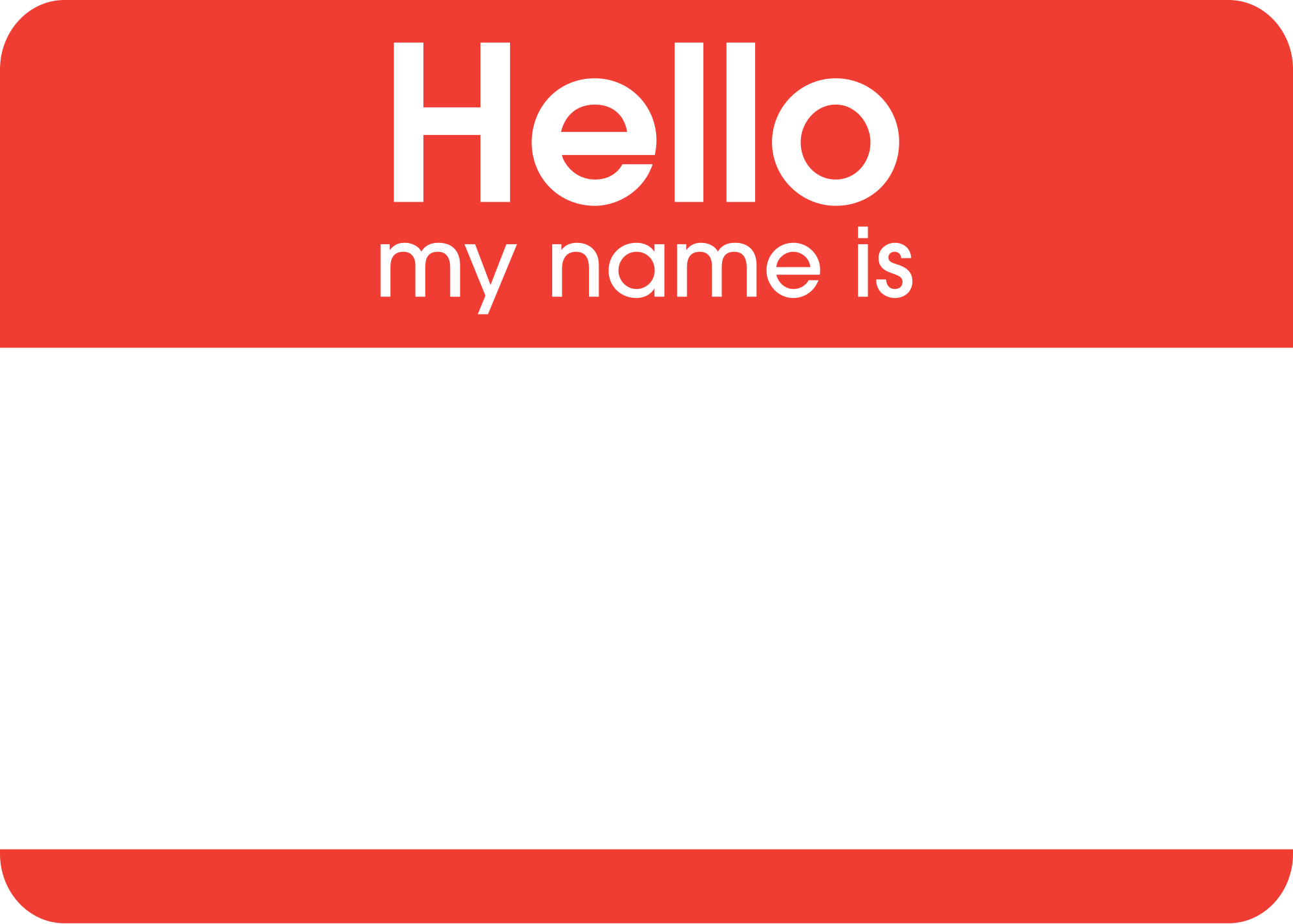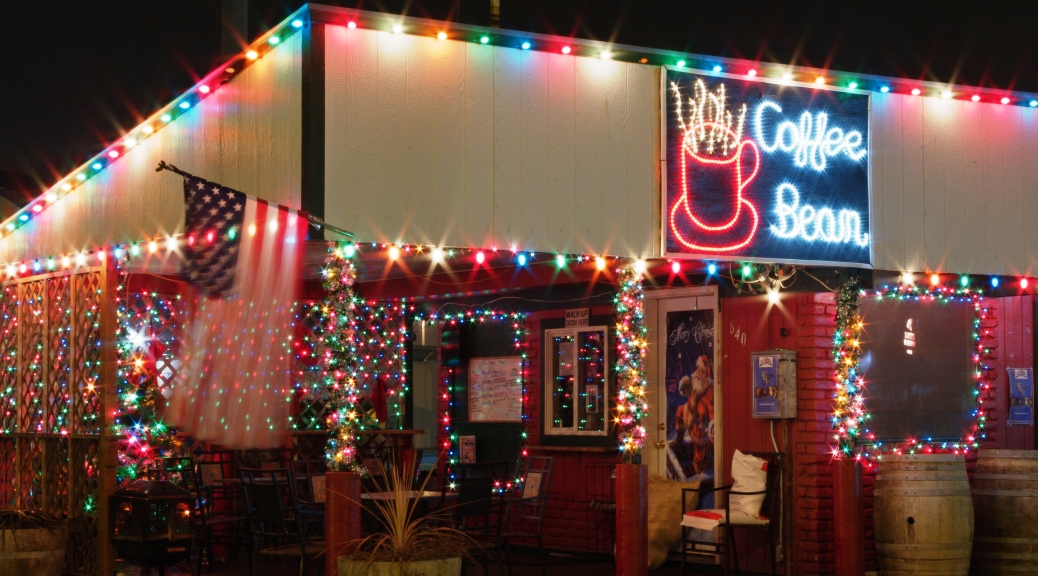I had two dads and four grandfathers when I was growing up. Sometimes keeping everyone straight was an adventure. I share the same first name with my dad and his dad, which lead to sometimes-comical attempts by one family member to get the right one of us to respond. While I was never put out by this, it did impress on me the importance of names. When I was about twelve I chose a different nickname than the one my dad and his dad use, which caught on with some – but not all – of the family. I even have relatives who still call me a diminutive form of my nickname that I stopped using in elementary school. Now that I’m old enough, I find being called that name endearing.
For many years, I called both of the men who raised me “Dad.” When we finally became close in adulthood, my stepdad became “Pa.” That development came around the same time that I began mending my relationship with my dad (who, contrary to my WGOM shorthand, I never called “Pops”). I don’t think it’s a coincidence this distinction between them emerged during the time when I was establishing a healthy, adult relationship with each of my dads.
With four grandfathers the naming convention challenge multiplied. My grandfathers though remarriage were both “Grandpa” – one “Grandpa Lastinitial” and the other “Grandpa SurLastFamilyname.” My maternal grandfather was “Papa,” as his parents were still “Oma” and “Opa” to my generation of the family. My paternal grandfather, the only one of my grandfathers still living, is “Gramps.” (In fact, he’s the Gramps-iest Gramps to ever Gramps: a baseball-loving, Buick-driving, Cold War Navy vet who taught high school business & sold shoes. He likes burnt toast, black coffee, and Winstons. He doesn’t drink much anymore, but when I was a kid, he drank Schmidt. Before that, it was North Star.)
Mrs. Hayes & I are both third-generation Americans, our families heavily Americanized but still aware of our ethnic heritage. Papa’s third language was English, which he learned when he went to elementary school; he spoke German & Hungarian at home. My mom & her sisters get by in German to varying degrees. I speak just a little German, but understand a little bit more. To my dismay, we’ve lost the Hungarian. The other side of my family lost its Polish & German even quicker. Mrs. Hayes’ family has held on to their Greek heritage a bit better, mostly thanks to the ethnic dynamics of Orthodox Christianity. While nobody speaks much Greek in her immediate family, the culture’s customs are observed to varying degrees and greetings & blessings are still given in Greek.
Our child’s language acquisition is a priority for both of us. Mrs. Hayes & I both agree on what we would choose for a super power: the ability to speak other languages fluently. Our hope is to have her learn bits of a few languages: Greek and Russian (to communicate with my best friend’s family) for certain, and then whatever we can manage or build beyond that. I would love to send her to an immersion school if we have the opportunity, though that’s many years down the road.
But in the next two month I have a very personal decision to make. Who am I going to be to this little person? Figuring out my new name has consumed my thinking recently. What name do I choose? We agreed on a name for this child for nearly a decade ago. What I never considered is that I'd need to settle on a new name for myself, too.
Because I lost both my dads when they were fairly young, I don’t feel comfortable assuming either of their names in a couple months. At the same time, because we've functionality lost our mother tongues, I wonder if I have the right to claim a non-English name aligned with my child’s ethnic heritage. Do I become Apu, Vati, Tata, or Μπαμπάς? Do I choose Папа, given that’s drawn from the foreign language I speak best and hope to pass on? I honestly don’t know what’s right. But I know whatever I choose has to last two lifetimes.
How did you decide who you were going to be to your child(ren)? Has that name become as much a part of your identity as your given name?
If you speak (or wish you spoke) another language, how did you go about integrating that language into your child(ren)’s life?
Finally, this one goes out to my dads:
httpv://www.youtube.com/watch?v=Dmt7wo0Tnr8


 (2 votes, average: 9.00 out of 10)
(2 votes, average: 9.00 out of 10)



